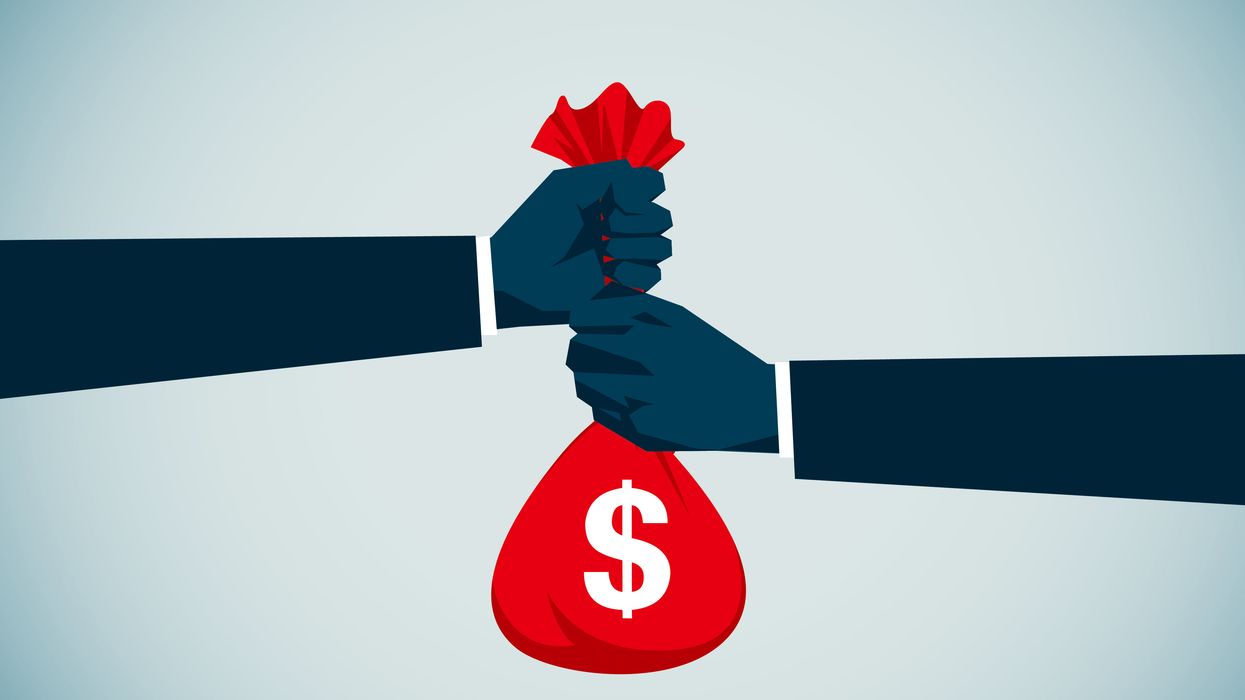Good-government groups are launching a new push for campaign finance transparency during the presidential campaign.
A coalition of 20 organizations, from across the ideological spectrum, sent letters to both the Trump and Biden campaigns on Tuesday requesting they disclose their most prolific "bundlers" — the rich and well-connected people whom politicians rely on to collect donations from their friends and business associates.
While federal law does not require presidential candidates to name their bundlers, unless they are registered lobbyists, it has long been a bipartisan practice.
George W. Bush, John McCain, Hillary Clinton and Barack Obama all did so. Former Vice President Joe Biden released a list of 230 bundlers in December, months before he secured the Democratic nomination, but he has yet to update it. President Trump has never publicly disclosed any information about his bundlers.
The letters urge the two candidates to implement a system to regularly and meaningfully disclose their bundlers during the final 16 weeks of the campaign, ideally releasing the information in tandem with their monthly campaign finance reports to the Federal Election Commission.
The groups want the candidates to name anyone who raises more than $50,000 for their campaigns, along with home address and occupation — information candidates are already supposed to report about donors to the Federal Election Commission.
Bundlers raise millions for presidential campaigns every four years and are often rewarded for that work with special campaign access and influential jobs if their candidate wins — including ambassadorships, senior Cabinet department posts and memberships to presidential boards and commissions. Bundler disclosure now will help explain who gets these perks and promotions in the next four years.
"More and more money is flowing into presidential elections, yet, disturbingly, there is less and less transparency about the people helping both candidates raise mountains of campaign cash," said Meredith McGehee of Issue One, the bipartisan democracy reform group that organized the letters. (It operates but is journalistically independent of The Fulcrum.)
The other signatories include Common Cause and Public Citizen on the left, the Campaign Legal Center and the League of Women Voters from the center, and Take Back Our Republic and the National Legal and Policy Center on the right.




















